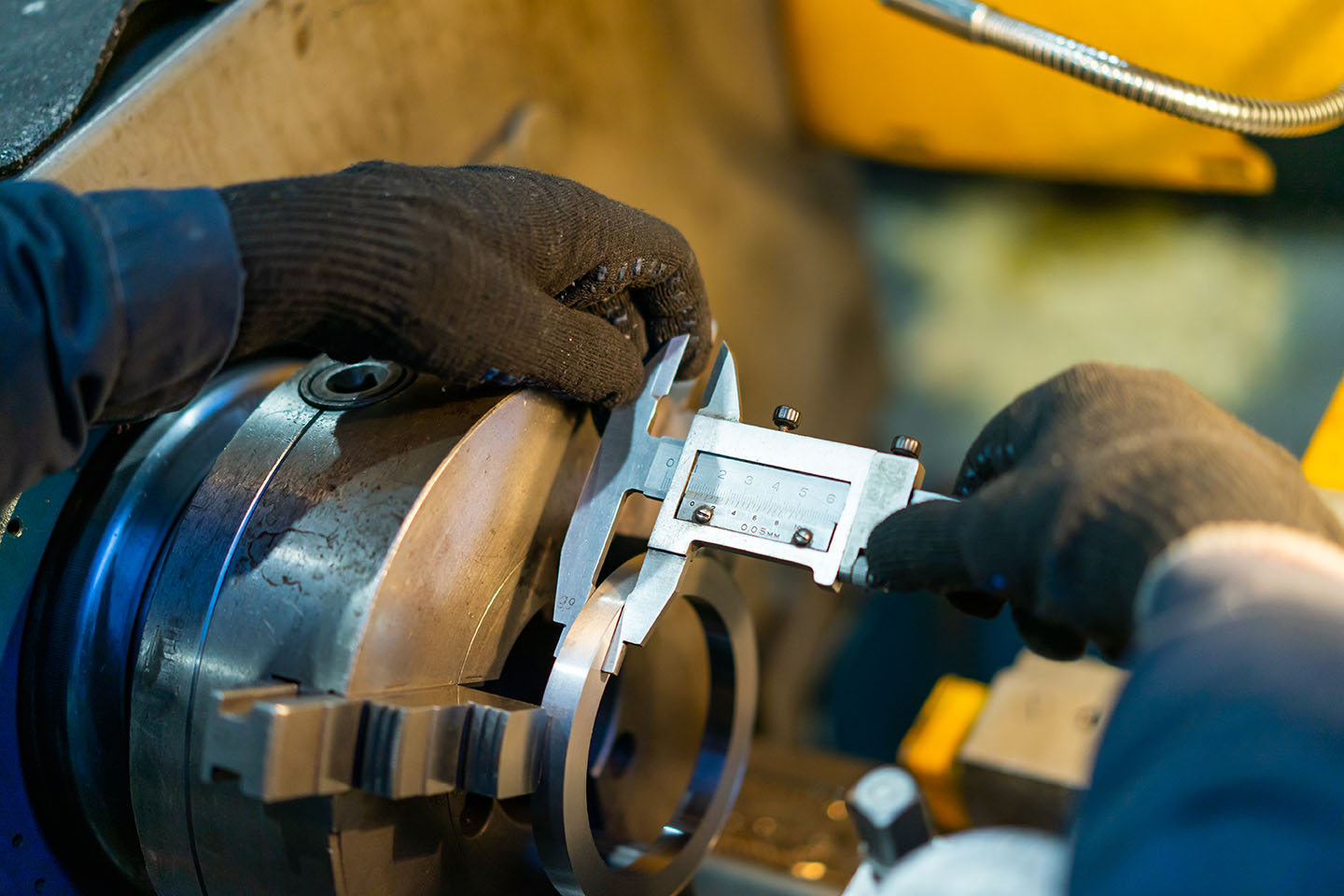

A tool is an object that is used to extend the ability of the user to perform some task. Tools can be simple or complex, and they can be used for a variety of purposes.
Tools have been used by humans for thousands of years. The earliest tools were probably simple objects, such as rocks and sticks. As humans became more sophisticated, they developed more complex tools, such as axes and hammers.
Tools are used in a variety of fields, including construction, manufacturing, and medicine. They are also used in everyday life, such as for cooking, cleaning, and gardening.
The design of tools is constantly evolving. Engineers and scientists are constantly developing new tools to make our lives easier and more efficient.
The use of tools has had a profound impact on human development. Tools have allowed us to build structures, create art, and develop new technologies. They have also helped us to improve our quality of life.
The gardener used a variety of tools to tend to the plants.

Noun:
a device or implement, especially one held in the hand, used to carry out a particular task.
Verb:
to equip or furnish with tools.
The word "tool" comes from the Old English word "tōl", which means "instrument, implement used by a craftsman or laborer, weapon".
The first recorded use of the word "tool" in English was in the 8th century.
The word "tool" is a Germanic word, and it is related to the Old Norse word "tól" and the German word "Werkzeug".
What can tools be used for?
Question:
Discuss the significance of tools in scientific investigations. Explain how different types of tools aid researchers in making observations, collecting data, and conducting experiments. Provide an example of a scientific experiment where specialized tools are essential for accurate measurements.
Answer:
Tools are integral to scientific investigations as they enable researchers to effectively gather information, analyze data, and draw conclusions. They play a pivotal role in enhancing the accuracy, precision, and efficiency of experiments and observations.
Various types of tools are used in scientific research, ranging from simple hand tools like rulers and thermometers to advanced instruments such as microscopes and spectrometers. These tools facilitate the collection of accurate data by allowing scientists to measure, quantify, and visualize phenomena that may be otherwise challenging to observe.
For instance, in a physics experiment involving the study of projectile motion, a digital stopwatch serves as a crucial tool for measuring the time it takes for an object to travel a specific distance. This precise timing is essential for calculating velocity and acceleration accurately.
Another example is the use of an electron microscope in biology to examine cellular structures at a microscopic level. The electron microscope's high resolution and magnification capabilities provide detailed insights into cellular organelles and molecular structures that would be impossible to visualize with the naked eye.
Address
Developing Experts Limited
Exchange Street Buildings
35-37 Exchange Street
Norwich
NR2 1DP
UK
Phone
01603 273515
Email
hello@developingexperts.com
Copyright 2025 Developing Experts, All rights reserved.